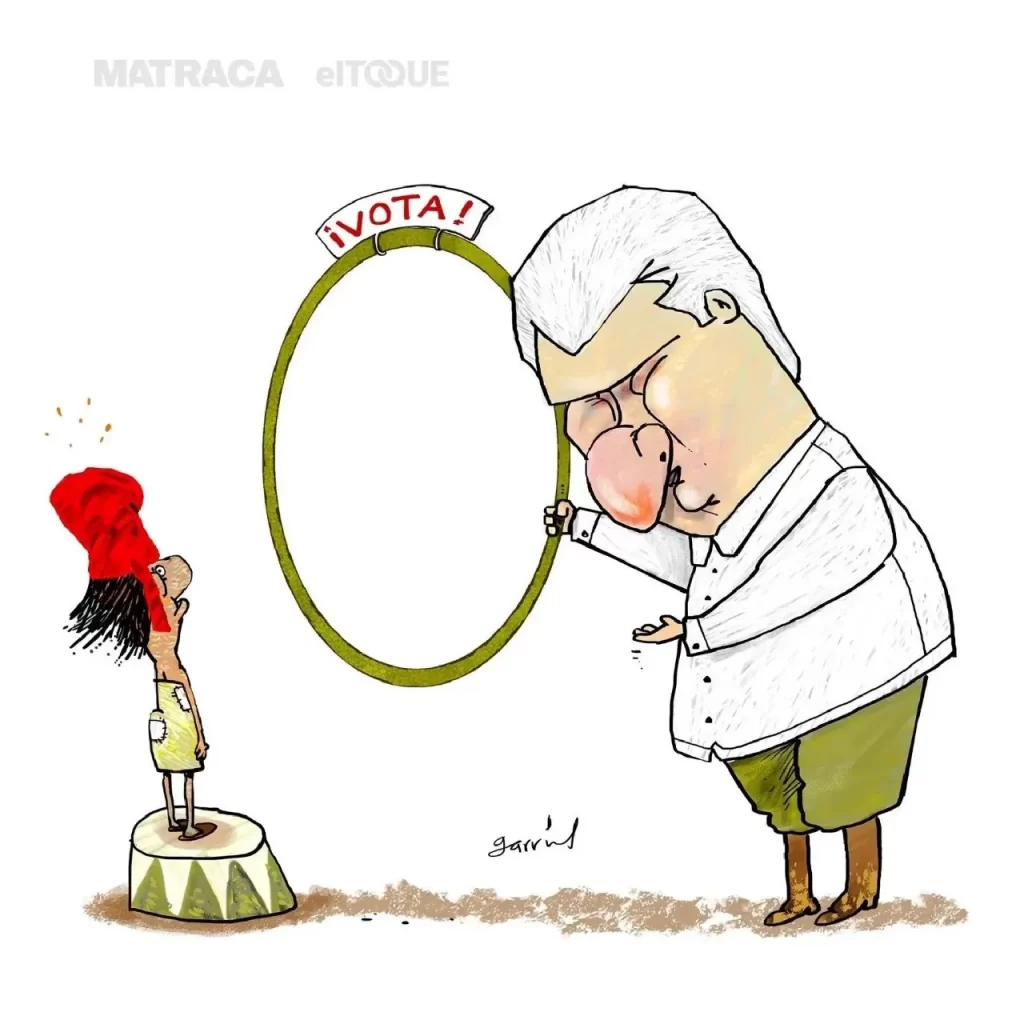
Cubalex, 30 November 2022 — On 27 November 2022, municipal elections were held in Cuba, to choose constituency delegates. Cubalex monitored the human rights situation on election day, which was principally notable for violation of the right to political participation.
The data gathered by our organization demonstrates that the Cuban authorities continue to employ criminal investigation procedures, as set out in the law, as an instrument of repression. Our team recorded 26 incidents of repression in seven of the fifteen provinces of the country, including the special Isla de la Juventud Council. The most cases were reported in Havana (12) and Matanzas (7).
Of the 13 incidents of hostage-taking identified by Cubalex, with 34 victims (20 women and 14 men), obstruction of political participation, arbitrary detention, surveillance operations and selective cutoffs of internet connection were noted.
In at least two events related to exercise of political rights it was not possible to register the victims. The first also related to selective internet cuts on pro-democracy activists trying to carry out electoral observations, and the second involved control and threats to health professionals that they had to declare when they went to vote, by way of private messages.
The repression was focussed on prevention of electoral observation, in spite of the fact that there is no legal prohibition on that. At least 13 people were harassed by way of surveillance and home confinement; among them Marthadela Tamayo, Osvaldo Navarro and Juan Antonio Madrazo Luna.
The authorities also obstructed access to information on the elections with selective Internet cuts to independent journalists such as Anay Remón (Cubanet), Jorge Enrique Rodríguez and Boris González Arenas (both from Diario de Cuba).
The relatives of the political prisoners of ’11J’ [11th July 2021 protests] were threatened with the transfer of their children to remote prisons and with “making things more difficult in the trial” if they made publications contrary to the elections, as is the case of Migdalia Rodríguez, Zaily Nuñez, Bárbara Farrat and Orlando Ramirez.
The Ladies in White were repressed, among them the leaders of Havana and Matanzas Berta Soler and Leticia Ramos, who were arrested after publicly expressing their decision not to vote. The torture technique known as “oven patrol” was used during the transfer of Norma Cabrera. In other cases, the authorities organized surveillance operations to prevent them from attending mass.
Among the complaints on social networks, the naming of Leandro Miguel González Pérez from State Security stood out. The agent was previously shown to be a violent repressor who attacked the activist Saily González in Santa Clara.
The repression on election day on 27 November 2022 was aimed at preventing the political participation of pro-democracy activists, especially the exercise of the right to observe and monitor electoral elections.
Electoral observation derives from the right to political participation recognized in Article 80 and subparagraphs (b) and (h) of Article 101 of the Constitution. It is not prohibited in the electoral law or the Penal Code, but there are no regulations on how it should be done.
Cubalex reminds the government of Cuba that all citizens, without distinction for reasons of political opinion, have the right to control the way in which State officials exercise the government of the Republic and the obligation of these bodies to submit to that control.

The article “Repression, besieged activists and threats: these were the elections in Cuba” was first published in Cubalex.
Translated by GH
